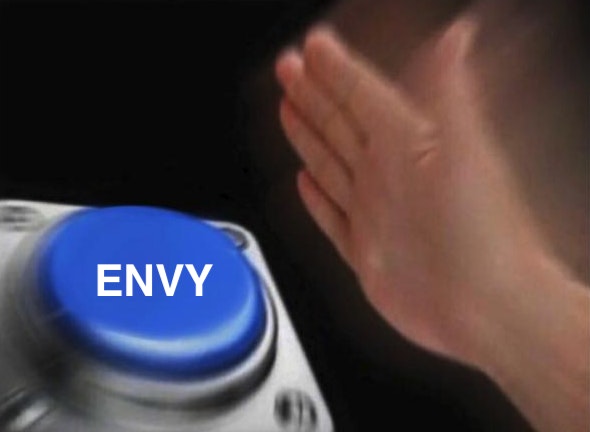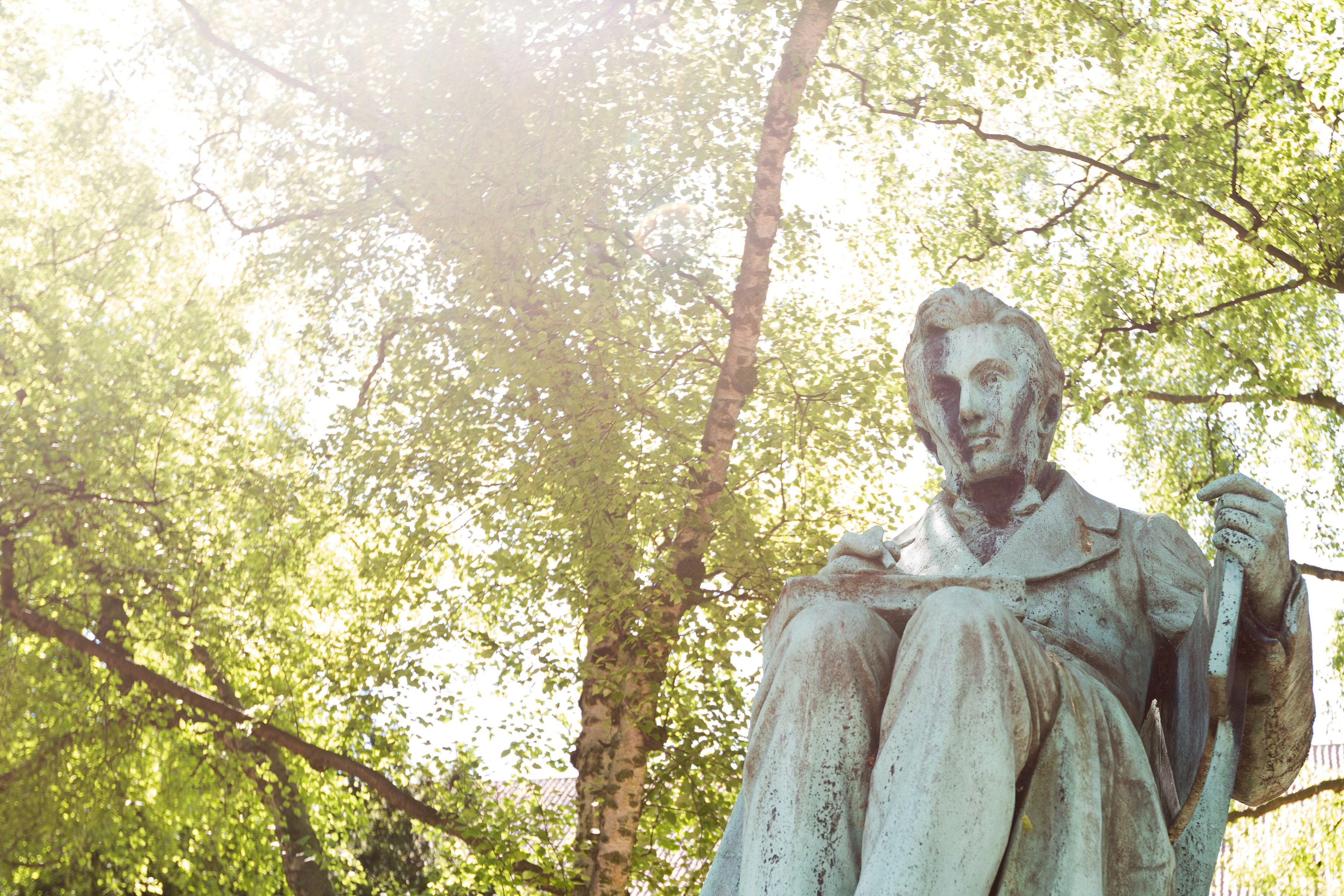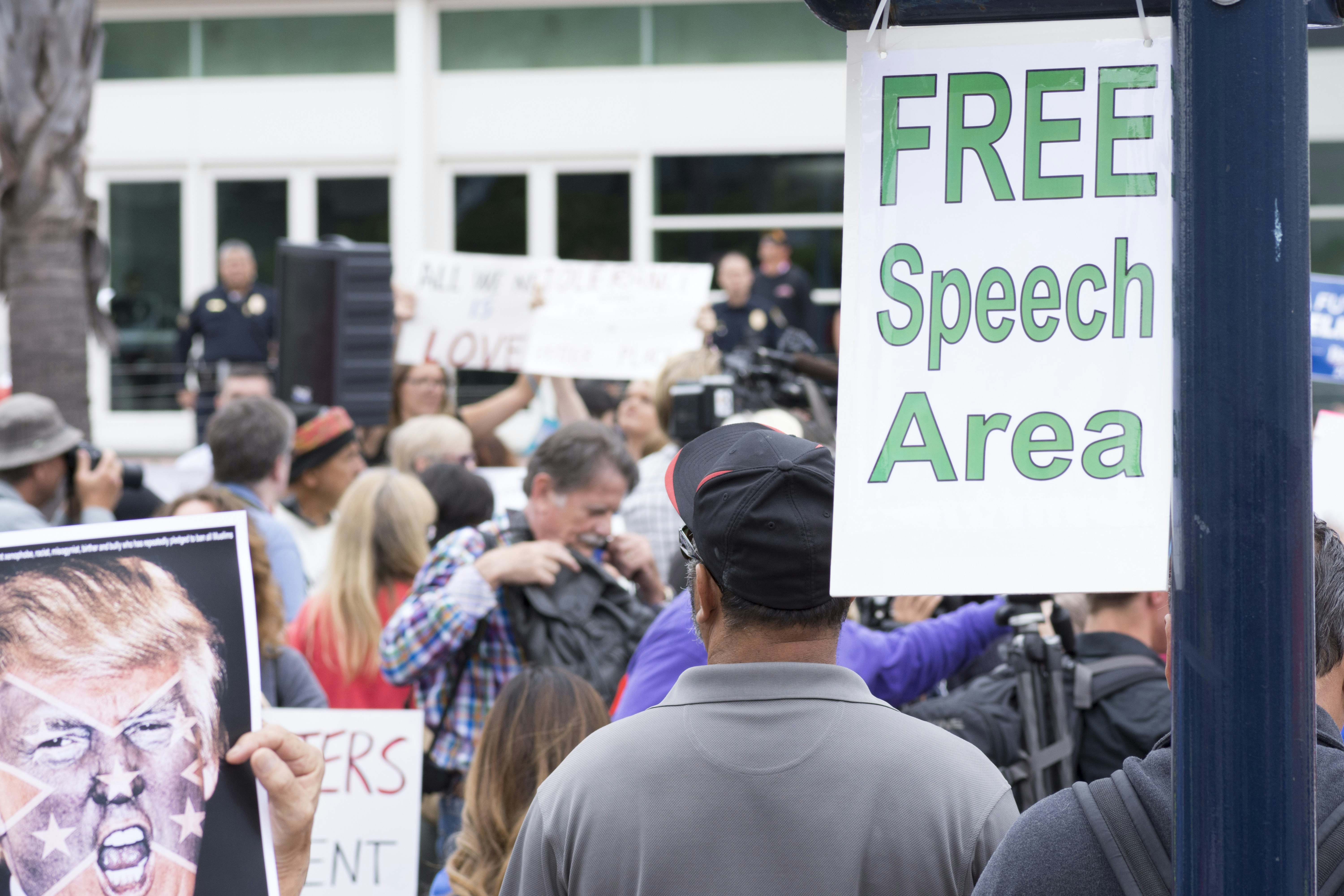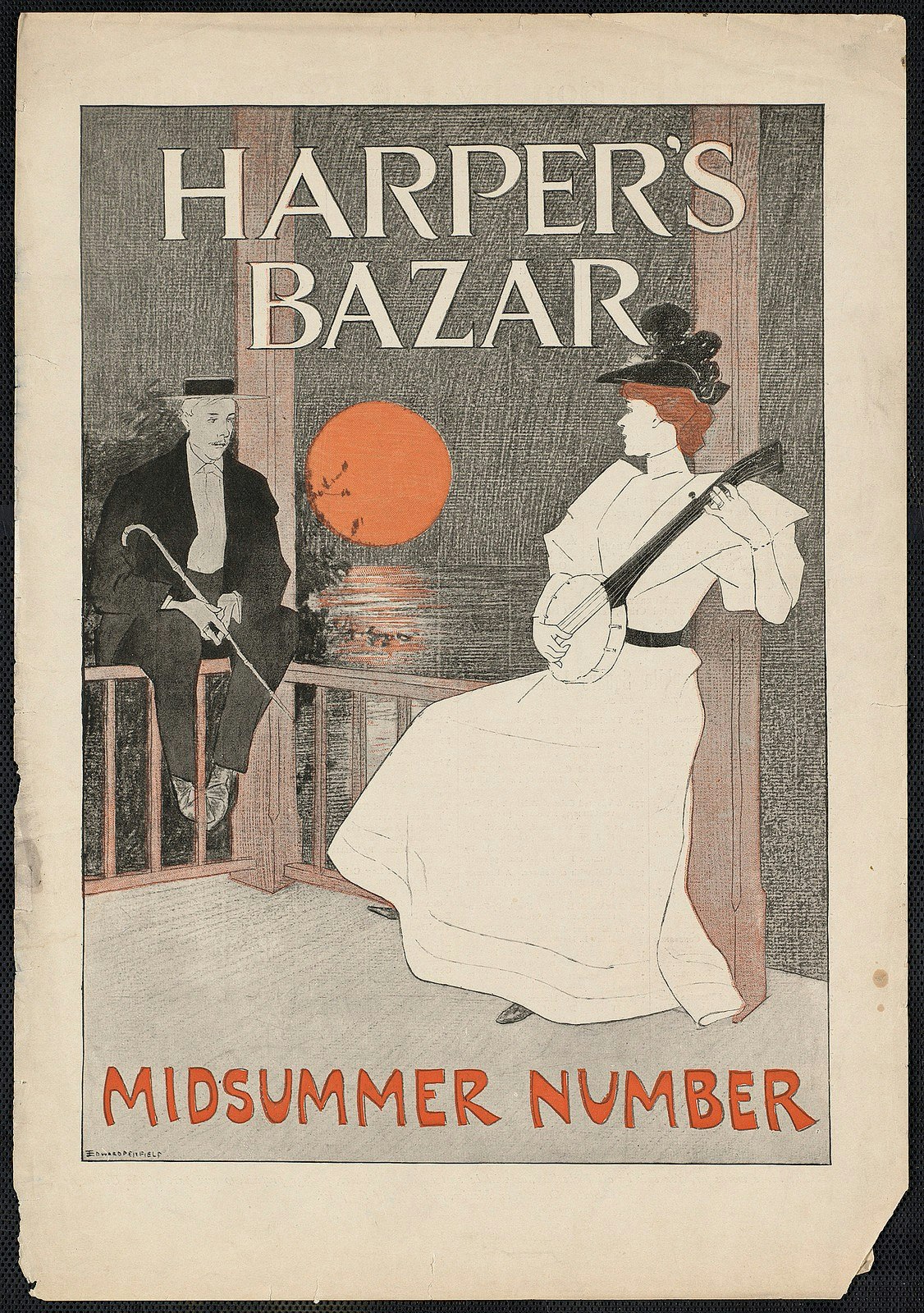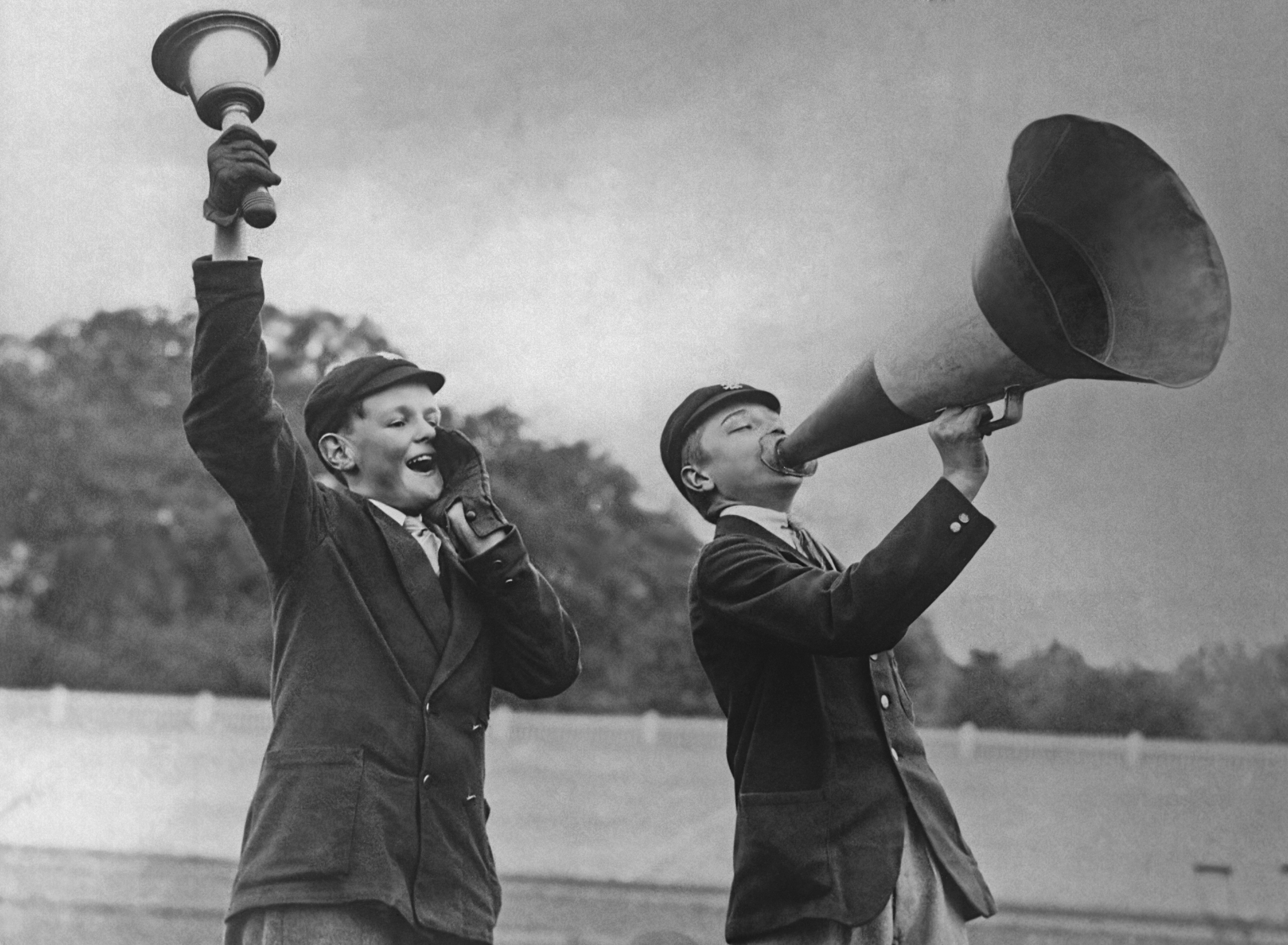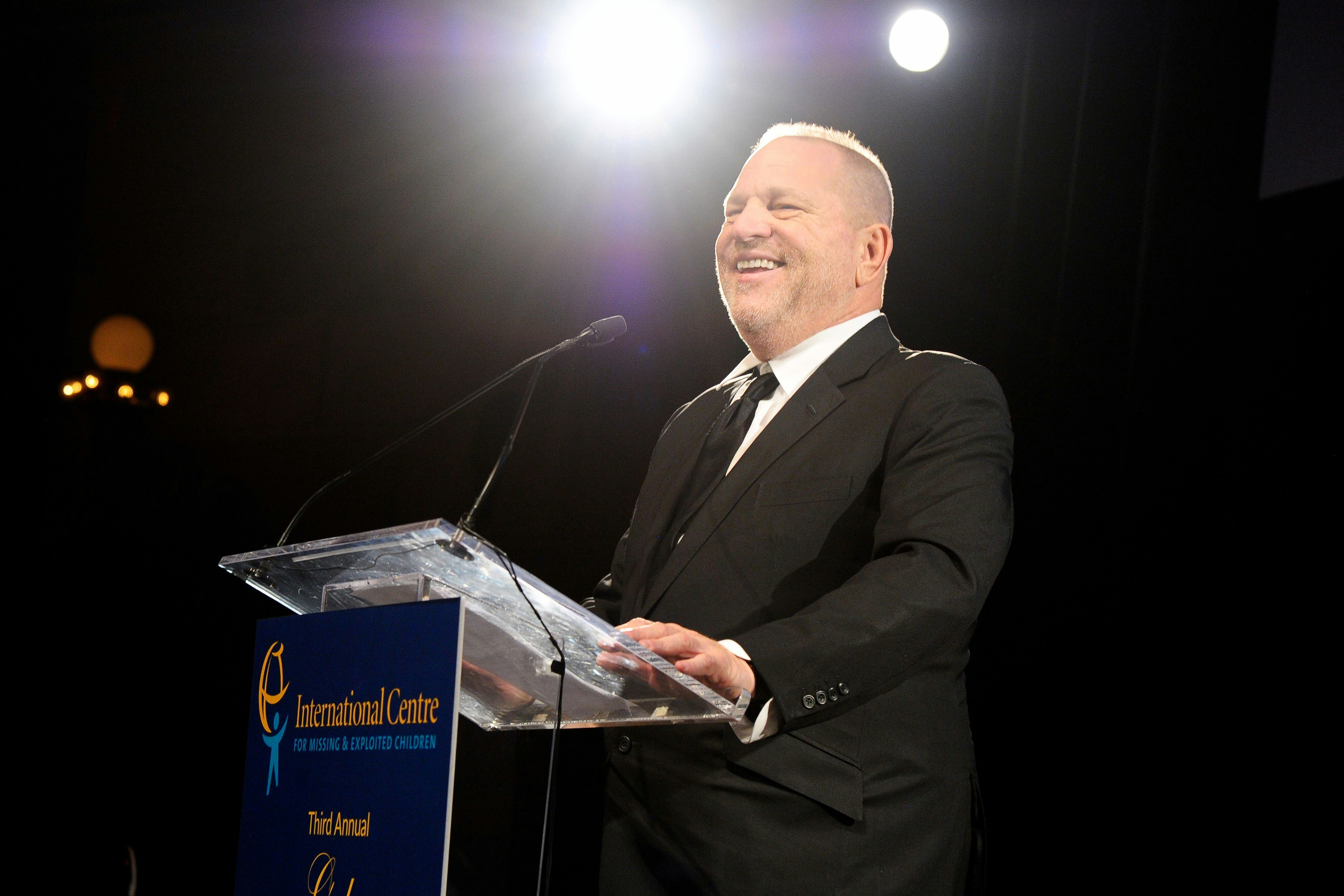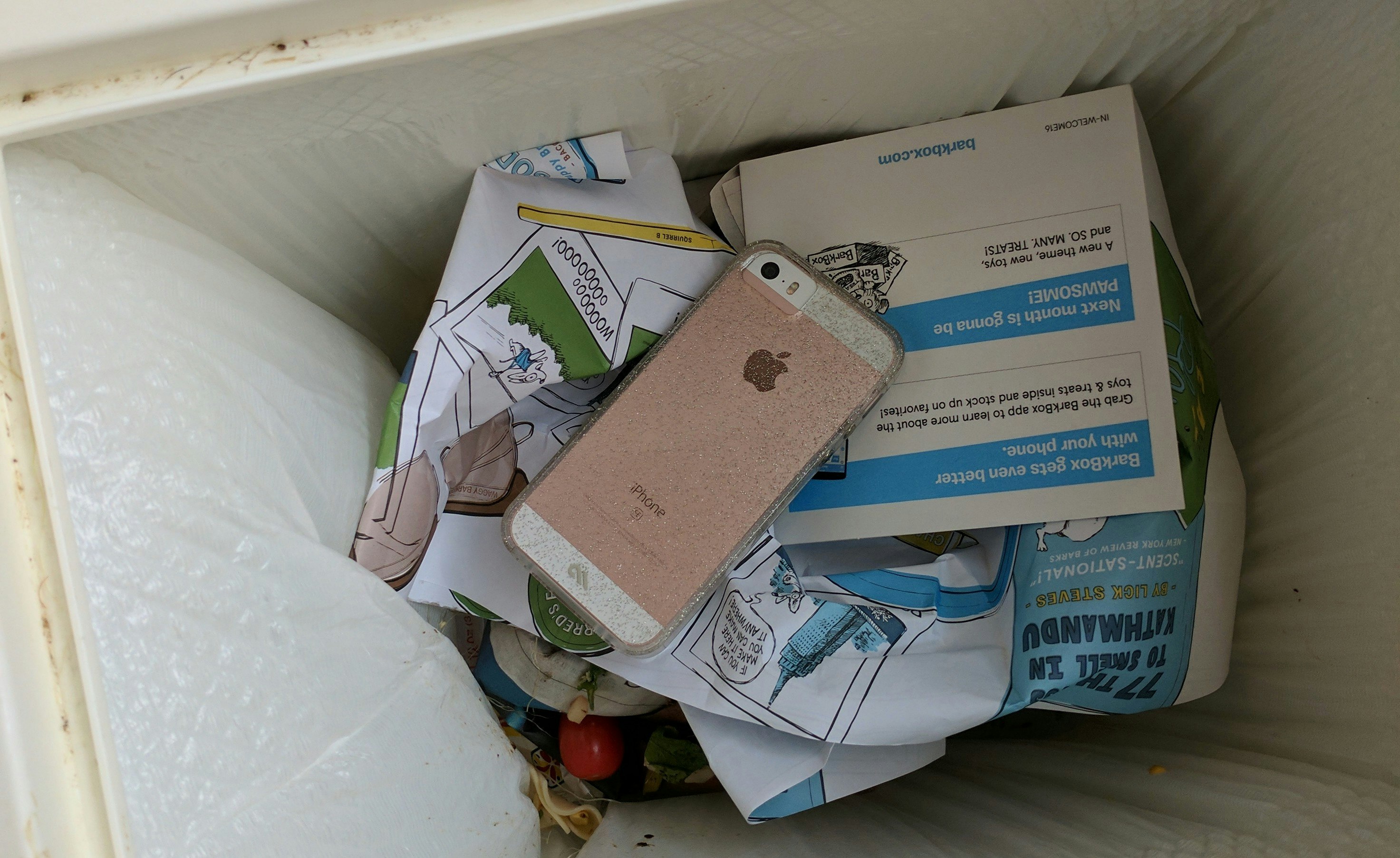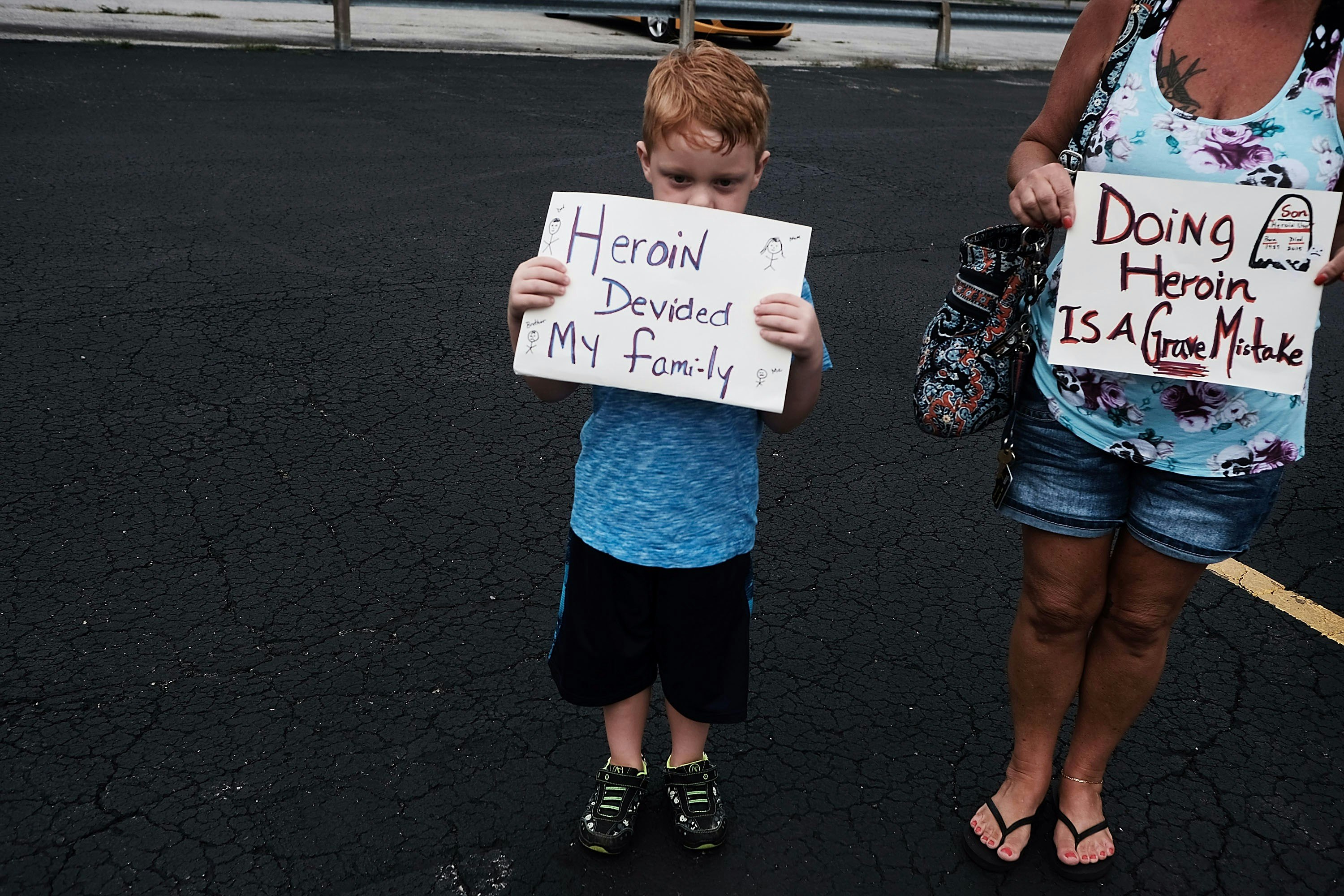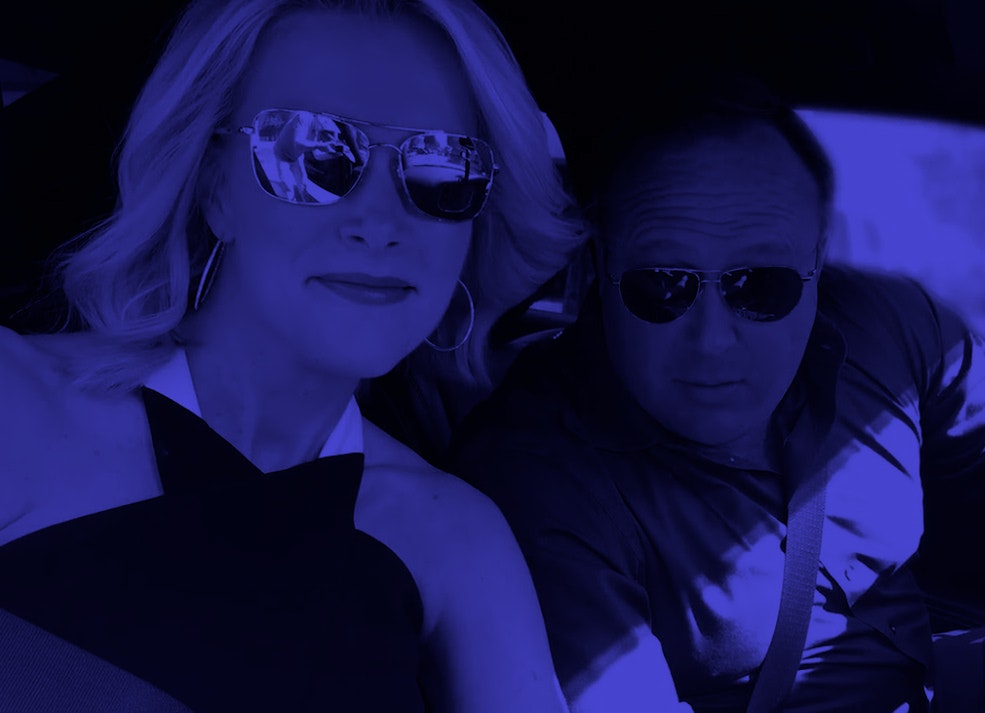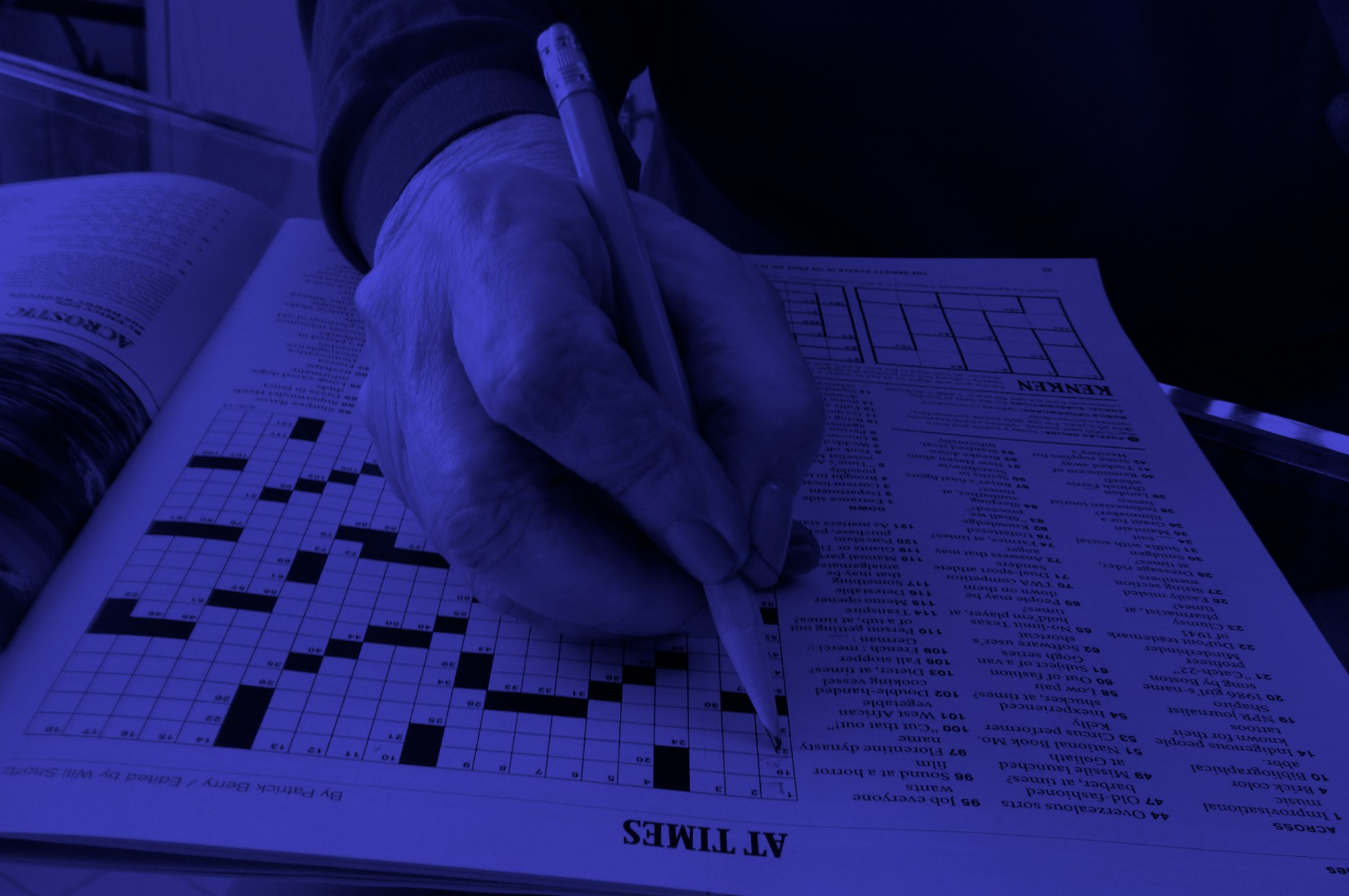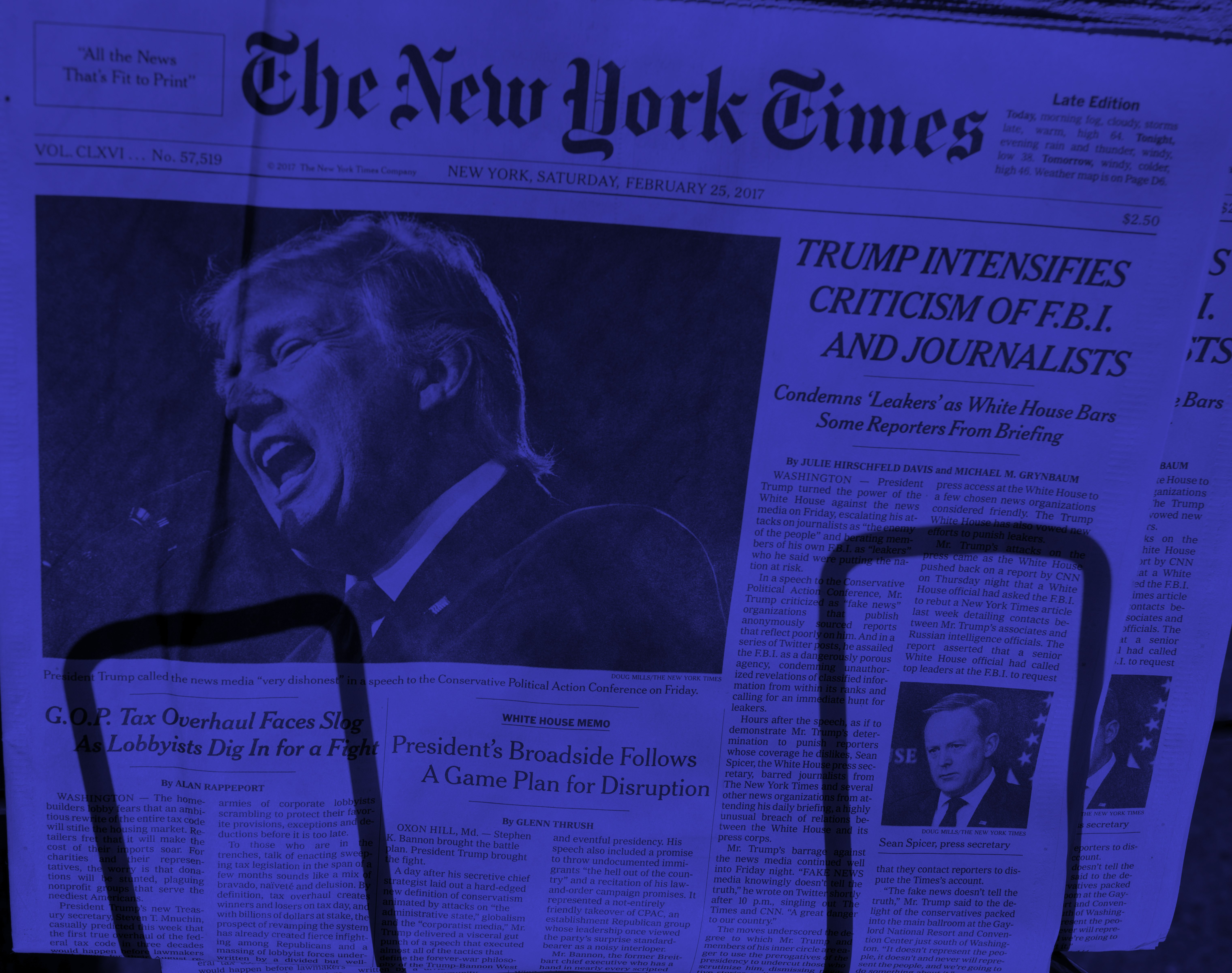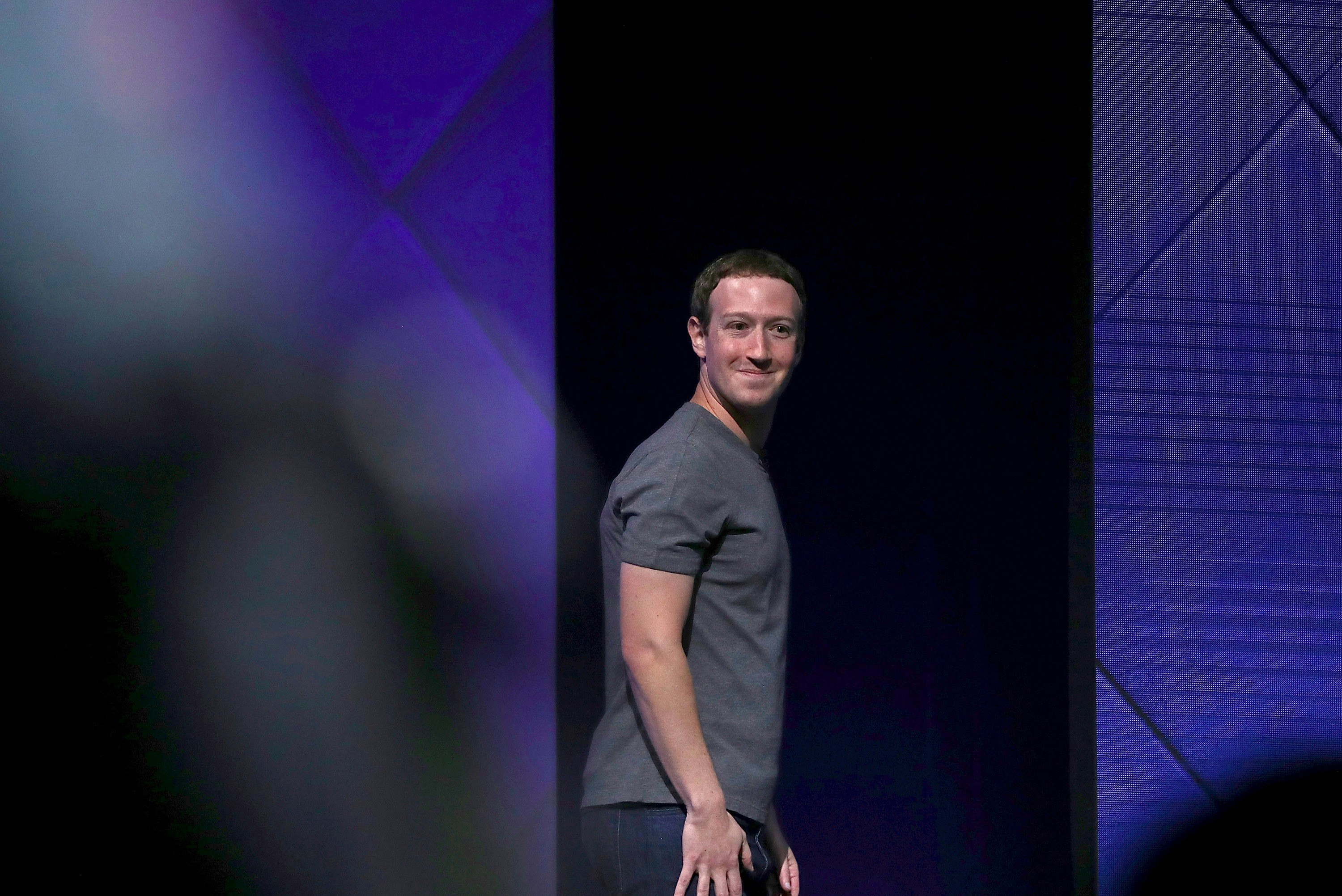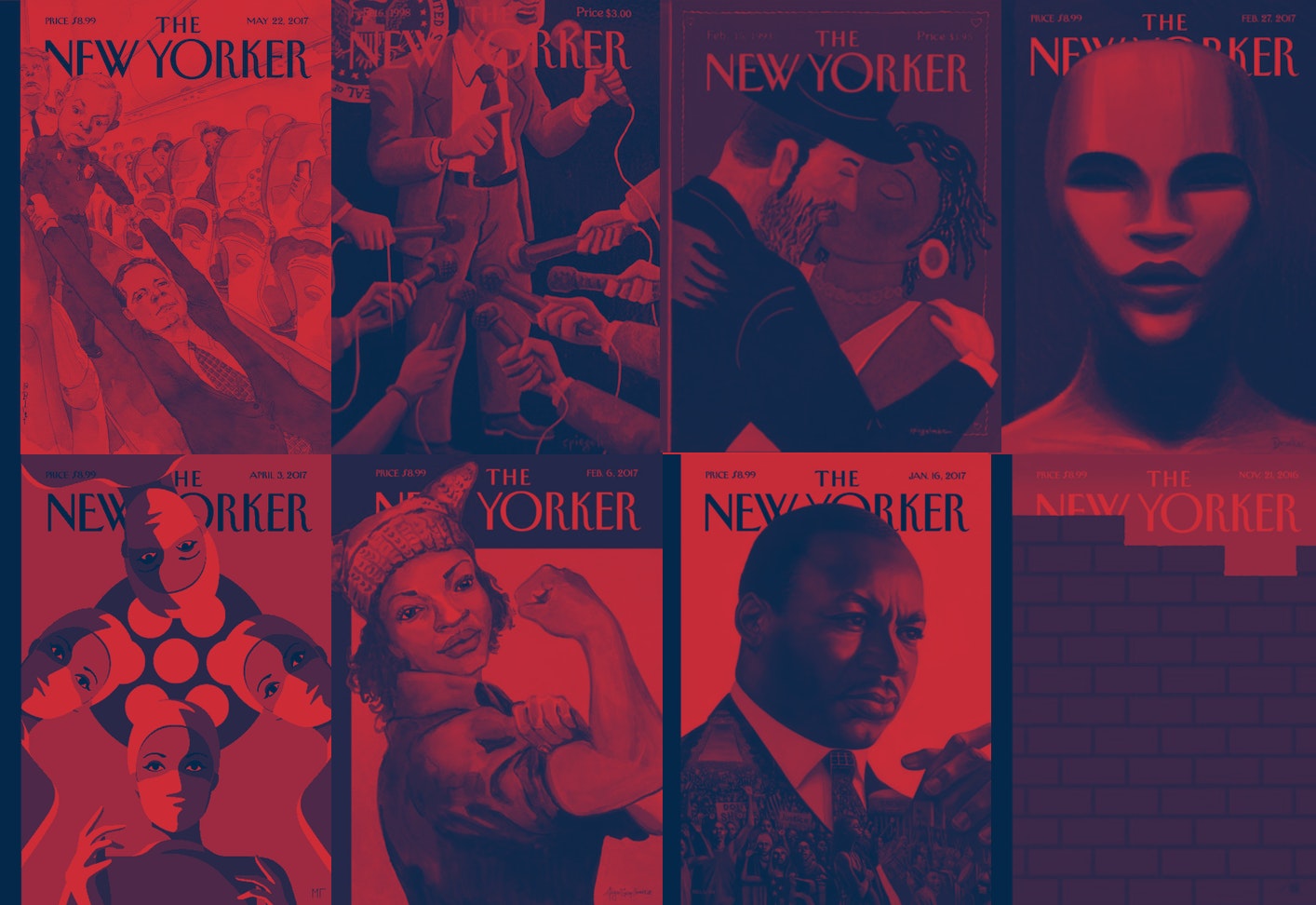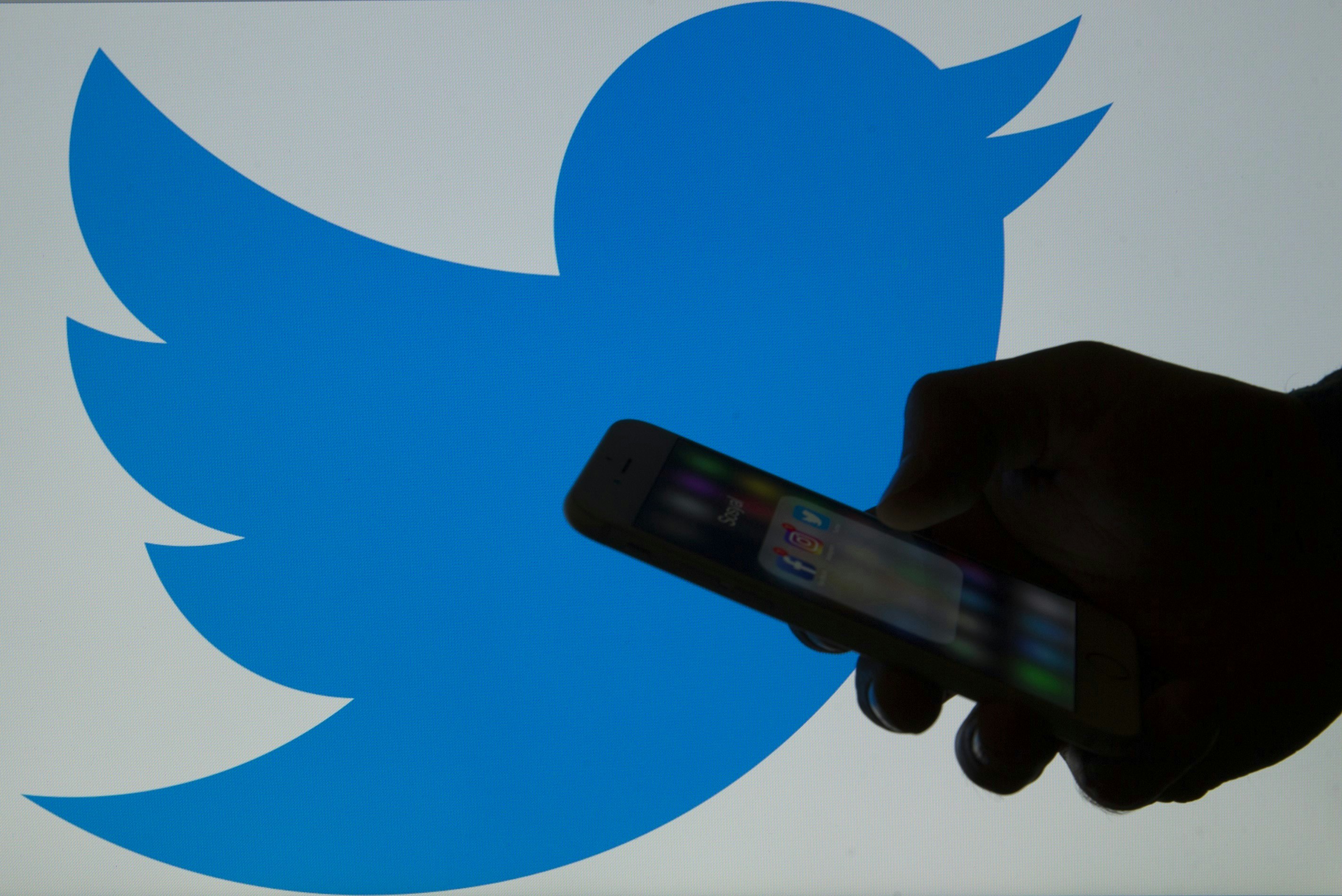What is good? Meryl Streep’s award-show speech about how Hollywood slays and Trump blows? Posting that speech on Facebook with a note saying “Yas Queen!”? Starting an anti-Trump podcast called Pod Save America, as two former Obama staffers have done? Teen Vogue? Protesting? Do people, especially Americans, ever do “good” things for any reason besides burnishing their own brand? How can the world ever be good if there is so much wanton pain and suffering?
The impulse and the pressure to be good immediately and all the time is a problem. It assumes that “good” is something that people can become if only they tried harder, gave more money to charity, and exercised more; that goodness is an attainable attribute instead of a concept grounded in different religions and philosophies or a childlike way of looking at the world. In our current horrible political climate, being good is equated with my favorite form of passive resistance, “speaking out.” Good people Speak Out, mostly on Twitter.
Strangely, this is out of tune with much of modernist thought (Western edition), which tends to have a more pessimistic account of human nature. Nietzsche didn’t believe in being good, only that man was naked and alone in a terrible world filled with bourgeois crap and responded in kind to what was going on around him (he also thought that much of conventional good-acting was driven by resentment and a secret thirst for revenge). Freud believed that humanity was composed of “ambivalent animals,” and that every feeling had an equal and opposite anti-feeling. If you love someone you also have the capacity to hate them, and vice versa. If you are good you are also bad.
In a liberal framework, the impulse to be good lends itself to a shallowness and self-deception on which our culture thrives. (This is otherwise known as late capitalism, or The Problem With Toms Shoes.) If Meryl Streep was really “good,” she wouldn’t be an actor; she would be helping to resettle Syrian refugees without the expectation of press coverage. But within capitalism, it sometimes takes very little to be deemed good. A recent piece in The New Yorker encouraged readers, “It’s a good time to reread Sartre and Camus — and to listen to Meryl Streep. People who are opposed to Trump’s bad ideas, fearmongering, and long history of flamboyant disrespect for women, people of color, refugees, immigrants, Muslims, artists, diversity, fairness, and good taste must respond to his presidency in the boldest and most effective ways possible.” “Respond to his presidency.” What does this even mean anymore? Not even otherwise competent politicians on the opposite side of the aisle seem capable of responding to Trump’s presidency, even as he flouts laws and conventions. (Though I must say, I’m tickled by the idea that liberals should be galvanized by Trump’s disrespect for “good taste.”)
In a liberal framework, the impulse to be good lends itself to a shallowness and self-deception on which our culture thrives.
A cornerstone of liberalism is the attempt to be “good” — to be tolerant and progressive, to be loud and productive and positive, to help further the liberal (capitalist) project. We see this in the economization of things that don’t need to be monetized — feminism, education, incarceration — and the way they are monetized (with a smile or with grave seriousness, sometimes both). To go deeper into the problems of economizing movements and social services is to reveal all their ugly, dollar-driven flaws, so the tone is often kept light and as far away from facts and reality as possible.
And yet, the quest for the meaningful and real good, while overwhelming, is mostly futile. (In the microcosm of my own work, I field a lot of criticism for not recognizing what is “good” about the media; this is a pernicious type of criticism that has followed me since I was a baby writer in college, when the fraternities who hazed pledges with electric cattle prods asked me why our campus newspaper only wrote about them when they did bad things and not when they did good things, like building a Habitat for Humanity house.) Naturally, all this focus on “goodness” ignores the flipside of the coin: badness. Badness will never cease to exist, even if every celebrity speaks out against it. It is the byproduct of free will, and it deserves to be interrogated on a more meaningful way than @’ing @jack and just generally being mad at @jack. John Stuart Mill: “It is not the minds of heretics that are deteriorated most, by the ban placed on all inquiry which does not end in the orthodox conclusions. The greatest harm done is to those who are not heretics, and whose whole mental development is cramped, and their reason cowed, by the fear of heresy.”
After the election, there was a lot of talk among liberals about whether it was okay or not to engage with Trump and his supporters, and how those opposed to his presidency should resist. The media seemed to give into Trump immediately. Once-fierce resisters in government declared that they would learn to work with the president-elect. When I found out my 90-year-old grandpa was supporting Trump, I obviously cut off all contact with him, but we’ve since resumed communication. We haven’t yet succumbed to a world of Soviet-level oppression in which, as David Remnick described in Lenin’s Tomb, perhaps the most feasible form of dissent was the refusal to participate: “Better not to be a journalist than to write the lies of Pravda. Better not to teach history at all than to read The Short Course to young minds. Preserve yourself even if you cannot save the world.”
It’s almost comforting to jump to such a restrictive yet hypothetical place in our minds because the mandate is much clearer. Where we currently stand is murkier. For many, Trump’s election is their first large-scale encounter with any semblance of badness, and our dominant culture does not really know what engaging with that looks like. In the short term, we seek to resolve this discomfort with ineffectual acts. But discomfort is our ruling body now. And any form of engagement will only be worthwhile if there’s also a recognition of the tensions — the good, the bad, and the in-between — that govern us.
Update: This post misstated the name of the podcast started by two former Obama staffers. The name of the podcast is "Pod Save America," not "Pod Save the World."
Get Leah Letter in your inbox.




